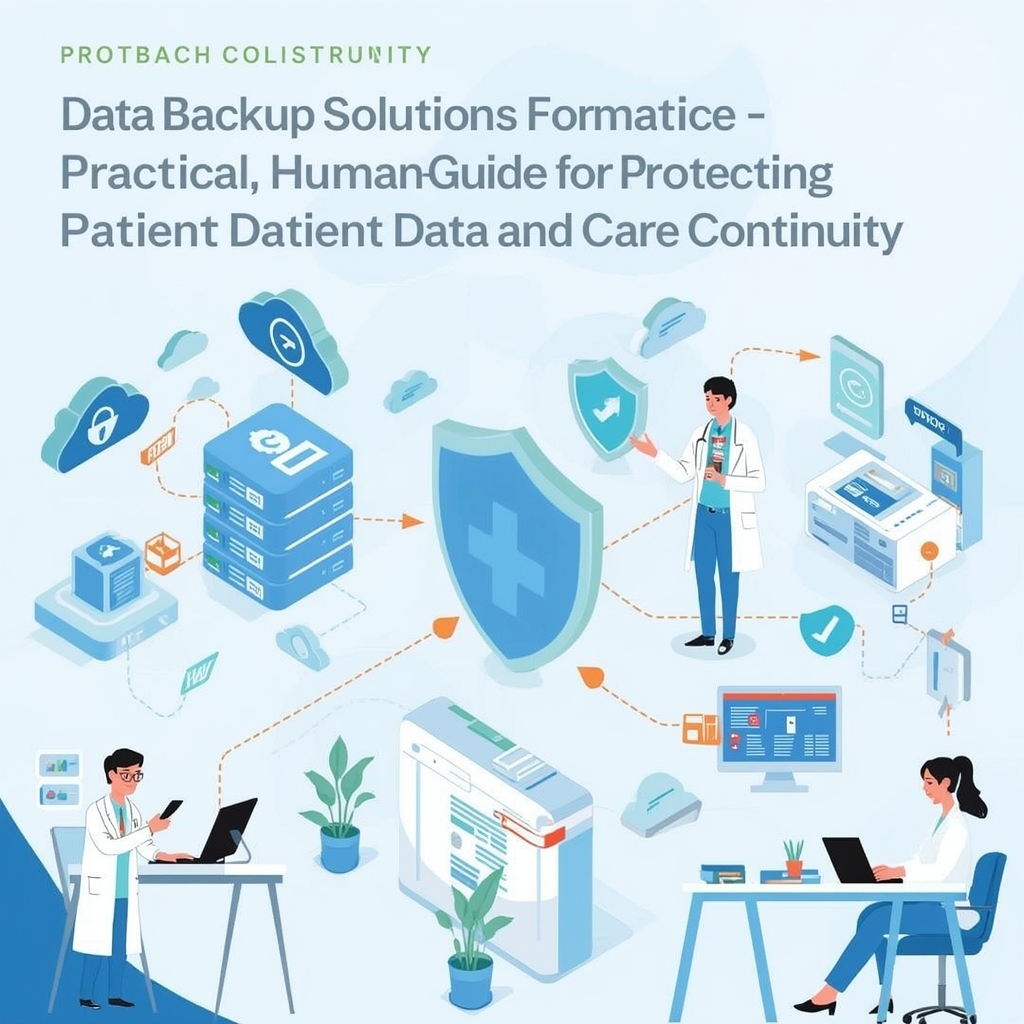Personal Finance Tips for College Students
Understanding the Importance of Personal Finance in College
Personal finance for college students is more than just budgeting—it’s about gaining control over your money while juggling classes, part-time jobs, and social life. Learning how to manage your finances early helps you avoid debt, reduce stress, and build smart money habits for life. Whether you’re using student loans or relying on savings, every dollar counts. Developing financial awareness now can set you up for future success. From creating a budget to building credit, understanding the basics of money management is one of the most valuable skills you can learn during your college years.
Creating a Budget That Actually Works
A realistic budget is the foundation of personal finance. Start by listing your monthly income—this might include part-time job wages, allowances, or financial aid refunds. Then, track your essential expenses like rent, food, books, and transportation. Don’t forget to factor in fun money for occasional treats or outings. The key is balance—spend less than you earn. Use simple budgeting apps like Mint or EveryDollar to help you visualize where your money goes. Sticking to a budget in college doesn’t mean cutting all joy—it just means spending with purpose.
Avoiding Common Financial Pitfalls
It’s easy to fall into money traps during college. One of the biggest mistakes is overusing credit cards or taking out unnecessary student loans. While it’s tempting to swipe now and worry later, interest adds up fast. Also, avoid impulse spending—those daily coffee runs or random online buys can eat into your budget quickly. Steer clear of peer pressure spending too; your friends’ financial choices shouldn’t dictate yours. Building awareness of these habits is the first step toward better money decisions.
Making the Most of Student Discounts and Deals
One of the perks of being a student is access to countless discounts. Take advantage of student deals on software, transportation, streaming services, food, and entertainment. Sites like UNiDAYS, Student Beans, and even your campus ID can unlock serious savings. Before buying anything, check if there’s a student offer available. These small discounts might not seem like much, but they add up over time and can significantly stretch your budget.
Learning to Cook and Save on Food
Eating out frequently is one of the fastest ways to drain your wallet. Learning how to cook simple meals at home can save you hundreds of dollars every semester. Invest in a few basic ingredients, plan meals for the week, and prepare lunches ahead of time. Not only is it healthier, but it’s also budget-friendly. Many colleges also have food pantries or affordable campus meal plans that can help stretch your food budget.
Finding a Side Hustle or Campus Job
A part-time job or side hustle can give you extra financial breathing room. Whether it’s tutoring, freelance writing, or working at the campus bookstore, earning even a small income makes it easier to manage expenses. Look for opportunities that match your schedule and interests. Online platforms like Upwork or Fiverr can be good for flexible gigs. Just be sure it doesn’t interfere with your studies—balance is key.
Starting to Build Credit Responsibly
College is a good time to start building credit, but only if you do it wisely. A student credit card or secured card can help you establish a credit history, which is essential for renting apartments, getting car loans, or even job checks in the future. Use your card only for small purchases you can pay off monthly. Avoid carrying a balance, and never miss a payment. Responsible credit use in college sets the tone for your financial future.
Setting Financial Goals for the Future
Having clear financial goals can keep you motivated and disciplined. These might include paying off student loans faster, saving for a study abroad trip, or building an emergency fund. Set short-term and long-term goals, and revisit them every few months. Seeing your progress, no matter how small, builds confidence and reinforces smart money habits. Goal setting gives your budget purpose and keeps you focused on what truly matters.
Using Free Financial Education Resources
There are countless free resources available to help you grow your money knowledge. From online courses and podcasts to YouTube channels and apps, financial literacy is more accessible than ever. Many colleges also offer workshops or counseling services for students who need help with budgeting or debt management. Taking advantage of these tools now empowers you to make informed choices throughout life.
Building a Financial Safety Net Early
An emergency fund is your financial cushion when unexpected expenses hit—like a medical bill or laptop repair. Start small, even if it’s just saving $10 a week. Over time, that adds up. Having even a few hundred dollars set aside reduces your reliance on credit cards or loans. It’s about peace of mind and financial resilience, even as a student.
Final Thoughts
Personal finance for college students isn’t about having everything figured out—it’s about building good habits and making informed choices. The financial decisions you make now will shape your future for years to come. Start small, stay consistent, and don’t be afraid to ask questions or seek guidance. By taking control of your money today, you’re laying the groundwork for a more secure, independent tomorrow.










